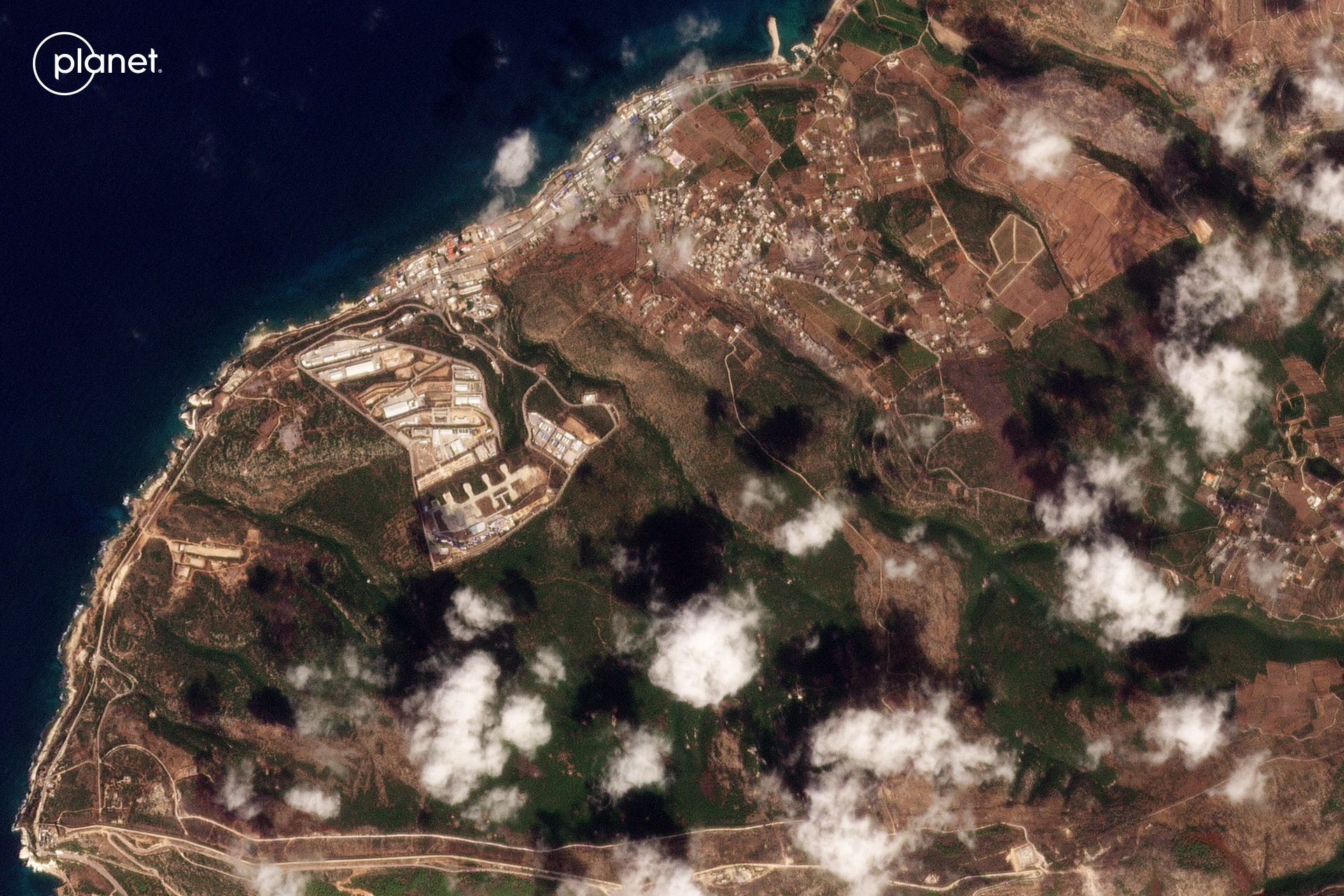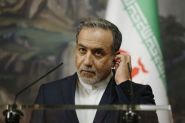
A diplomatic source at the United Nations indicated that Lebanon cannot disregard the implementation of Resolution 1559 if it truly intends to comply with Resolution 1701. Lebanon has reiterated its commitment to both resolutions, along with Resolution 1680, by endorsing the recent Security Council decision that renewed the mandate of international forces in southern Litani, issued on August 28 and designated as Resolution 2749.
Technically speaking, paragraph 1 of this resolution states that the Security Council calls for the full implementation of Resolution 1701 and highlights the aim of achieving a long-term solution based on the principles and elements specified in paragraph 8 of Resolution 1701. This paragraph calls for the complete application of the provisions of the Taif Agreement and Resolutions 1559 and 1680, which require the disarmament of all armed groups in Lebanon.
Based on these facts, the diplomatic source at the United Nations revealed that French-Iranian discussions are taking place behind the scenes to fully implement Resolution 1701, including Resolutions 1559 and 1680. The United States is kept informed about the progress of these talks through US envoy Amos Hochstein, assessing whether they will yield a decisive outcome that garners the approval of both the US and Israel, thereby initiating the implementation process.
Furthermore, the source pointed out that discussions regarding a new Security Council resolution addressing the situation in southern Lebanon are not currently appropriate due to the ongoing conflict between the United States and Russia over the Ukraine crisis, which is affecting all matters involving both nations, including developments in the Middle East and relations with Tehran.
Moreover, the situation on the ground in southern Lebanon remains unclear. As a result, the Americans, through Hochstein, are discussing what is referred to as Resolution 1701 Plus; however, this does not suggest an amendment to the existing resolution, as modifying Security Council resolutions is not an option within the United Nations framework.
Therefore, Hochstein's proposal aims to establish implementation mechanisms for Resolution 1701 from the Lebanese perspective, outlining in detail the deployment of the Army and UNIFIL forces, the disarmament of Hezbollah in southern Litani, and the measures and procedures necessary to ensure that the area remains free of illegal weapons and armed groups.
Finally, the diplomatic source at the United Nations emphasized that the overall implementation mechanisms for Resolution 1701 will be strictly enforced and will depend on the actions of Israeli forces in their ground operations in southern Lebanon. Consequently, Hochstein will not provide any specifics regarding these implementation mechanisms, as the Israeli side has not yet disclosed its full intentions. However, on-the-ground indications suggest that Israel is no longer willing to accept Resolution 1701. Notably, the Israeli forces operating in the border area are targeting the two key pillars of Resolution 1701: The Lebanese Army and UNIFIL forces.



Comments